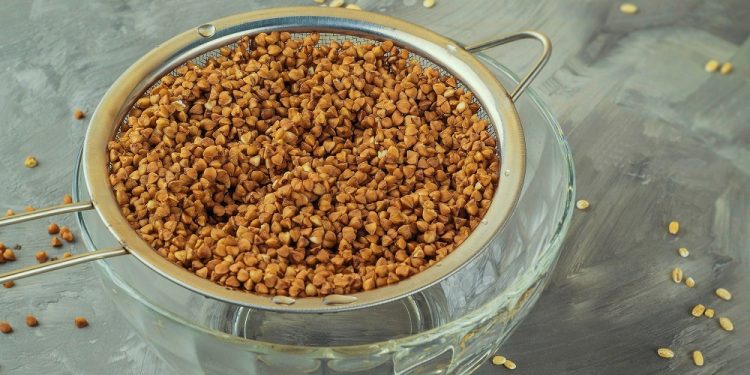
National Gluten Free Day
National Gluten-Free Day is a holiday observed annually on the second Monday of January. This day raises awareness about gluten-free diets and their benefits for those with certain health concerns and/or food allergies.
For everyone who isn’t quite sure what gluten is, it’s the general name for proteins found in wheat, rye, triticale, and barley. Gluten helps foods maintain their shape, acting somewhat like glue that holds things together.
Unfortunately, celiac disease and other diseases are associated with gluten in several medical studies, which is why some people are moving to gluten-free diets.
The History of National Gluten-Free Day
This holiday can be attributed to Cassy Joy Garcia of Fed+Fit. She created the holiday in 2014 to raise awareness about gluten-free diets and the impact of such a diet on a person’s health. It was also proposed as a holiday that shows compassion to gluten-intolerant individuals.
Some Important Facts About Gluten
Below are some important facts about gluten that we feel everyone should know. We hope that the following points clear up some of the myths surrounding gluten and illustrate why gluten-free diets are necessary for people with certain sensitivities to this protein.
- People with gluten sensitivities can enjoy oats, but they must ensure that the label specifically says they’re gluten-free.
- Gluten can be found in unexpected foods, such as certain sauces and salad dressings, so labels must be read carefully.
- Gluten sensitivity is a separate condition from celiac disease.
- Only 1% of Americans have been diagnosed with celiac disease.
- There are specific genes associated with celiac disease, namely the DQ2 and DQ8 genes.
- Having gluten sensitivity does not mean that a person will gain weight; it’s not one of the symptoms.
- Conversely, eating a gluten-free diet won’t necessarily cause a person to lose weight either.
Observing National Gluten-Free Day
This holiday can be observed by learning more about gluten, its effects on health, and how it can affect certain people who can’t tolerate gluten. It’s also a good day for those considering a gluten-free diet to make the change and remove this protein from their diet.
Additionally, it’s a good day for people to spread the word about gluten-free diets and conditions caused by gluten intolerance by using the hashtag #NationalGlutenFreeDay on social media posts for the day.








